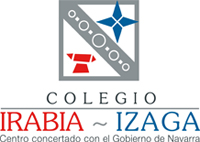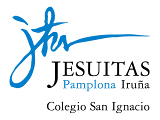
Upcoming dates to be confirmed
MARY ANNING.
THE FOSSIL HUNTER
Educational project
for primary schools
The Science Museum of the University of Navarra brings to Spain the project led by ASE (Association for Science Education). The association has developed since 2018 teaching resources and professional development material aimed at elementary school teachers of children aged 9 to 11 years with the aim of supporting a multidisciplinary approach.
The project focuses on dialogic practices to promote knowledge, reasoning and observation of scientific evidence. It is aimed at primary school teachers and students in Spain. The resources, all provided online, include:
![]()
A high quality 15-minute film on aspects of the life and work of Mary Anning, the fossil hunter.
![]()
A set of nine basic and six optional enrichment activities for children.
![]()
A set of resources to support teachers.
Objectives of the Spanish pilot project
The main purposes of the project are to collect information on:

Resources
Teacher and student use, practice and views of resources.

Activities
The impact of the use of resources on teachers' understanding and classroom practice, their relationship to the implementation of a multidisciplinary inquiry-based pedagogy, and on student achievement of intended learning outcomes through the activities.
Objectives of the activities

Importance of fossils
To develop teacher and student awareness of the importance of fossils to our understanding of evolution and Mary Anning's role in this.

Dialogic approach
To develop the dialogic approach as a fundamental part of scientific reasoning and inquiry.

Evidence
Learn to seek evidence collaboratively and reason through dialogue to advance knowledge.
What does it mean to participate in the pilot project?

On-site training
Face-to-face training for teachers (2 days) led by Stuart Naylor (teacher and creator of the materials).

Materials
Access to the film and materials in both Spanish and English.

Evidence
Collection of evidence of student learning.










